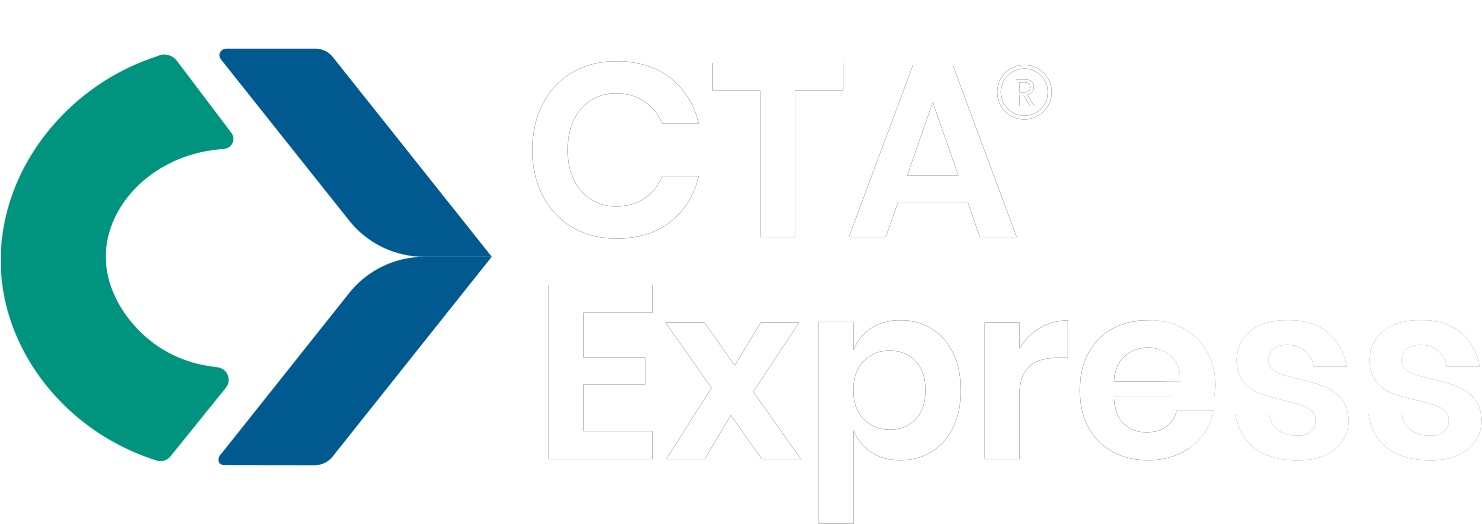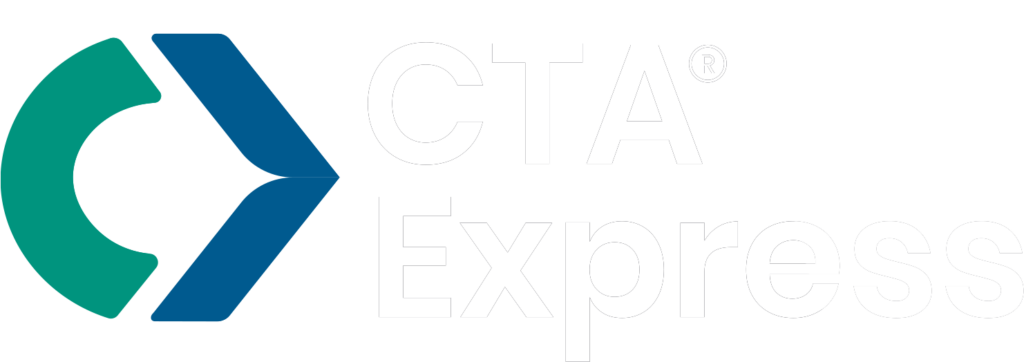The Corporate Transparency Act (CTA) mandates businesses disclose their ownership structures to enhance transparency and combat illicit activities. As the January 2024 deadline approaches, small businesses must understand the severe penalties associated with non-compliance. This blog post will outline these penalties and guide you on how to avoid them.
Penalties for Non-Compliance
“The willful failure to report complete or updated beneficial ownership information to FinCEN, or the willful provision of or attempt to provide false or fraudulent beneficial ownership information may result in civil or criminal penalties, including civil penalties of up to $500 for each day that the violation continues, or criminal penalties including imprisonment for up to two years and/or a fine of up to $10,000. Senior officers of an entity that fails to file a required BOI report may.”
-Financial Crimes Enforcement Network (FinCEN), Corporate Transparency Act (CTA) guidelines.
- Hefty Fines: Businesses that fail to comply with the CTA can face significant financial penalties. Fines can reach up to $10,000 for each violation, quickly adding up and straining a small business’s finances.
- Jail Time: In addition to fines, individuals responsible for non-compliance may face jail time. The penalties can include imprisonment for up to two years, adding a severe legal risk for business owners and executives.
- Operational Disruptions: Non-compliance can lead to audits and investigations, disrupting your business operations and damaging your reputation with customers and stakeholders. This damage to reputation can be long-lasting and may affect your ability to attract new customers or secure partnerships.
Avoiding Penalties
Small businesses must take proactive steps to avoid these severe penalties:
- Understand the Requirements: By familiarizing yourself with the detailed requirements of the FinCEN Small Business Guide and the 52-Check-Box Exception Questionnaire, you can feel informed and prepared to meet the CTA guidelines.
- 2. Stay Informed: Keeping up with any changes to the regulations is a proactive step that ensures ongoing compliance, making you feel in control of your business’s legal responsibilities.
- Seek Professional Help: Consider partnering with compliance experts like CTA Express. We offer comprehensive, tailored compliance solutions to help your business meet all regulatory requirements, providing you with the support and guidance you need.
Proactive compliance is not just about avoiding penalties; it’s about ensuring your business’s smooth operation and long-term success. As the deadline approaches, the urgency to comply increases. Don’t wait until it’s too late—take action now to protect your business.









